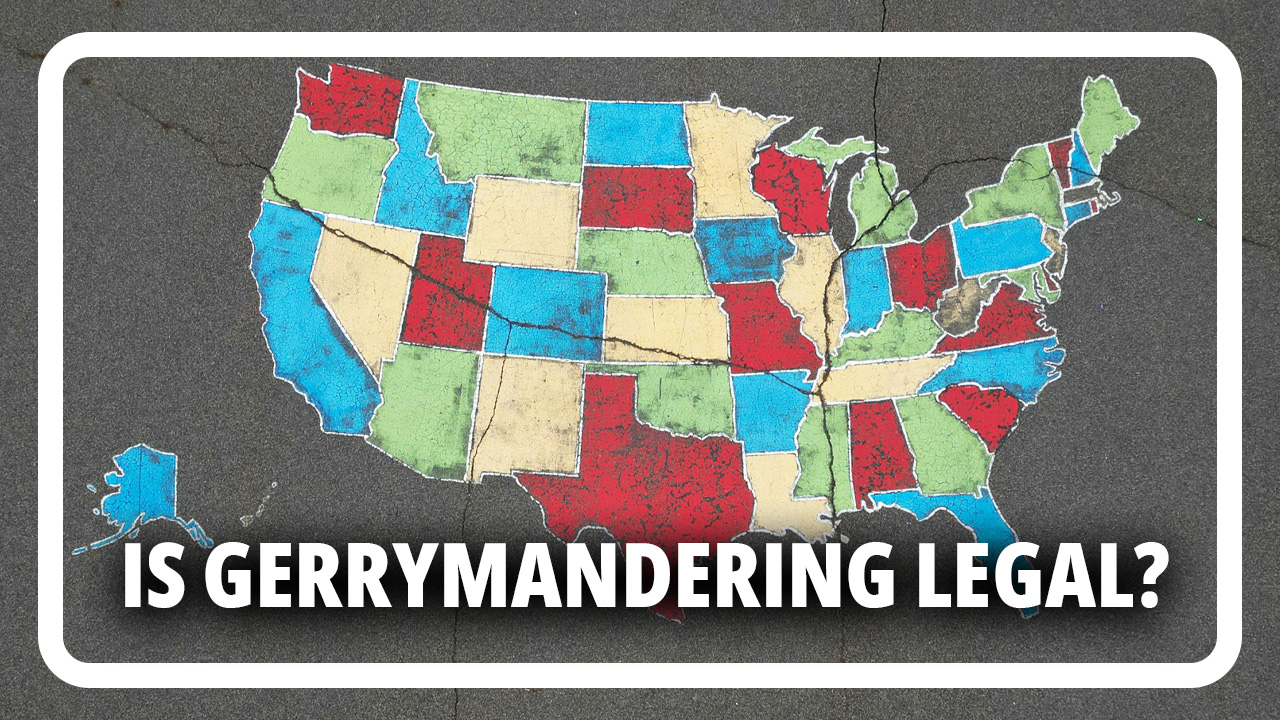
The States United Democracy Center, recipients of the McCourtney Institute for Democracy's Brown Democracy Medal, recently surveyed nearly 8,000 Americans to gauge their attitudes about elections, voting and political violence.
Of the total participants, 41% identify as voters who lean toward the Democratic party, 39% toward the Republican party and 17% as independent voters. The five surveys, conducted from June 2023 to June 2024, found Americans to hold pro-democracy views though there are still concerns about disinformation and the overall quality of American democracy. Here are some of the key findings:
Click here to read the full report on "Tracking Attitudes About Elections and Political Violence Over Time."

Rachel Kleinfeld, a fellow in the Democracy, Conflict and Governance Program at the Carnegie Endowment for International Peace, said talking with people across differences isn't enough to end polarization. She suggests institutional change as political violence continues to be on the rise. Listen on to see how fear is being used as a tool by both parties to win votes.
Subscribe to receive a biweekly collection of the hottest podcast episodes from the network, upcoming special events, expert features, and news from your favorite shows.
Subscribe to our NewsletterFrom The Democracy Group, here are some of our favorite podcasts this week, check them out!

A The Democracy Group crossover? We love to see it!
Politics In Question's Lee Drutman joined host Mila Atmos to talk about fusion voting and how it better represents the diversity of views in America than the current system. Give it a listen!

Anne Applebaum (who recently talked with our McCourtney Institute for Democracy) just released her podcast with journalist and author Peter Pomerantsev called "Autocracy in America." This inaugural episode discusses psychological disruption, starting with how a conspiracy theory functions in an autocratic political system.

Who won the presidential debate? Will it matter to voters?
This episode explores both candidates' performance, missed opportunities, the potential of reaching undecided voters and the implications for the 2024 presidential election.

Steve Simon is Minnesota's Secretary of State who also oversees a wide range of services for Minnesota businesses and administers the "Safe at Home" address confidentiality program for people whose personal safety is at risk. Previously, Simon served in the Minnesota House of Representatives for ten years and as Assistant Attorney General of Minnesota.

Hahrie Han is a political scientist at Johns Hopkins University, Inaugural Director of the SNF Agora Institute and faculty director of the P3 Research Lab. Han is also an award-winning author of four books and her fifth and latest book, Unidived: The Quest for Racial Solidarity in An American Church, will be published next week. She has written for outlets like The New York Times and The Washington Post among others.
Subscribe to receive a biweekly collection of the hottest podcast episodes from the network, upcoming special events, expert features, and news from your favorite shows.
Subscribe to our Newsletter.png)
We kickstart the year with the exciting release of our fall 2025 fellows' podcasts and their inaugural episodes!
Read Post
The Democracy Group's Best Of 2025 series is back for another year!
Read Post
Is Gerrymandering Legal? Learn what gerrymandering is, how it shapes elections before votes are cast, and what citizens can do to protect democracy from unfair maps.
Read Post